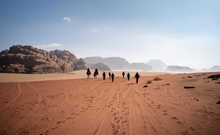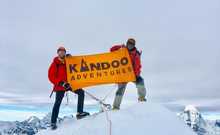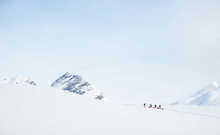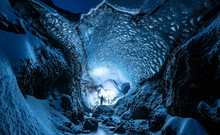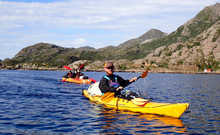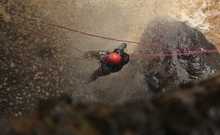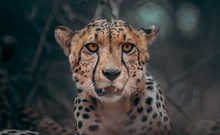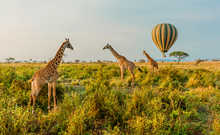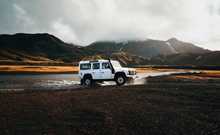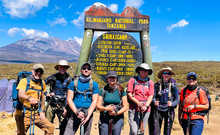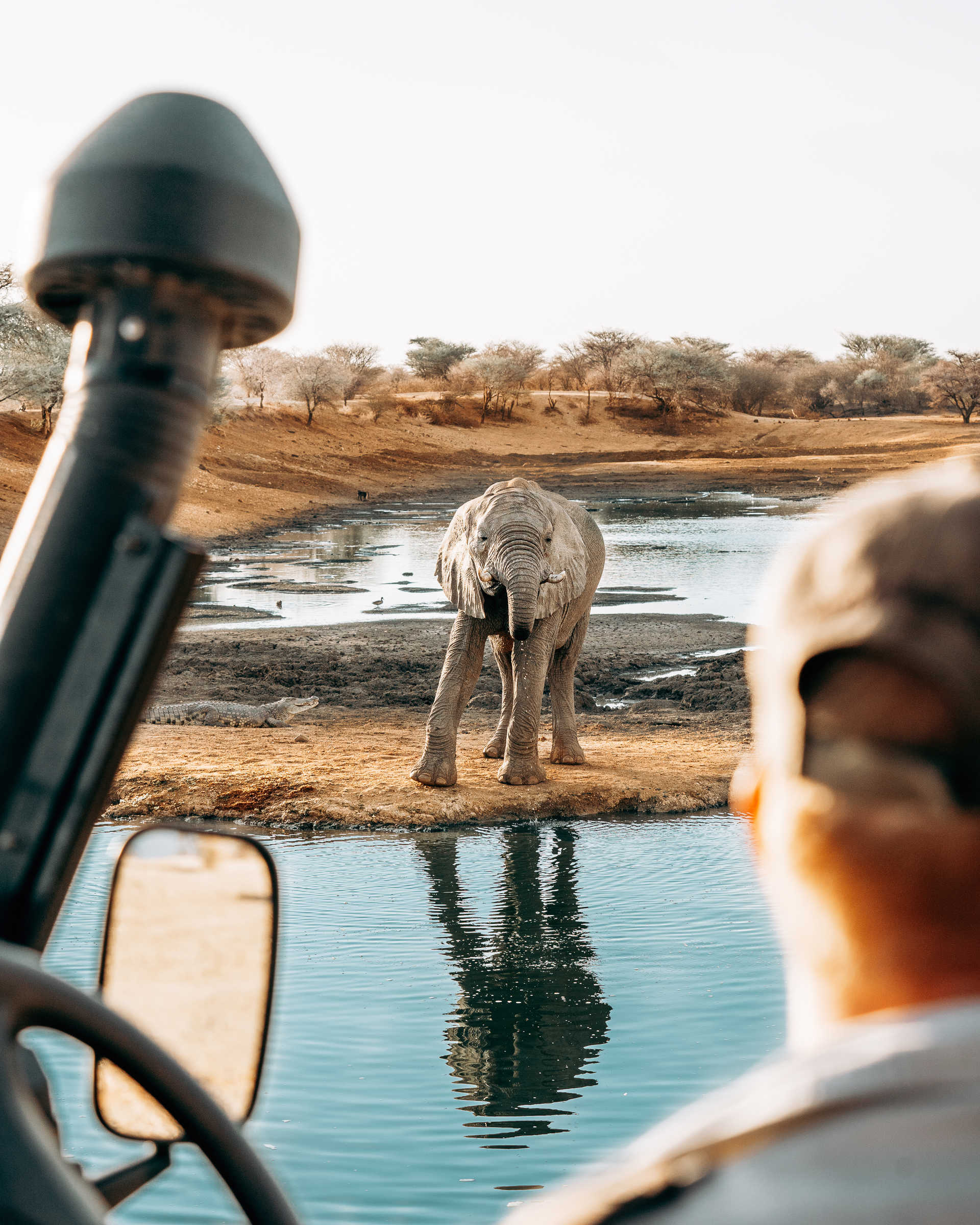Wildlife
Interactions
Our wildlife holidays provide you with
opportunities to get up close and personal with the incredible breadth of
wildlife we have on our planet and we work hard to ensure that the wildlife we
are observing isn't impacted by our activity. Any interactions our guests have
with the animals on our trips is monitored and lead by experienced guides and
handlers, who are qualified in delivering unmatched experiences that have high
standards of animal welfare and conservation.
Safaris
Whilst
on safari there are several rules that we follow to ensure we are not
negatively impacting the animals we are observing:
- Whilst
on the game drives we always stay within the vehicle – the animals we
are observing are naturally curious and leaving the vehicle encourages
dangerous behaviours from the animals, putting us unnecessarily at risk.
- When
viewing the wildlife we turn off the engine and speak in hushed voices –
loud noises tend to scare the animals which not only makes for poor game
viewing but also negatively impacts the environment we are stepping into.
- When
driving through the national parks our drivers stick to marked roads and
tracks and follow the park’s speed limits – this helps to prevent
animal/vehicle collisions.
- Once
we have found wildlife to view we don’t “chase” them – we must remember
that we are in their home and so our observations shouldn’t alter their natural
behaviours.
- We don’t feed the animals – although this is something that we occasionally
get asked about! We don’t want the animals to associate our vehicles with food
as this can cause them to become aggressive and adopt a hunting mentality,
which again is altering their behaviour, something we don’t want to do.
- Leave no trace – as with the rest of our trips we follow
a ‘Leave No Trace’ policy, ensuring that we don’t leave anything behind that could
be toxic or harmful to the animals.
- This also applies to the vegetation of the
national parks – although the flowers and plants are beautiful, we take
photos and observe but we don’t take them with us!
Supporting
Wildlife Conservation
We are proud of the organisations we choose to work alongside on our
trips; advocating for the local wildlife, promoting habitat conservation and
diversifying species. The Tambopata Ecolodge is
the perfect example of one of these organisations, they are currently using the
profits from the ecolodge to buy and protect 1800 hectares of primary
rainforest to allow the wildlife in this area to thrive.
Working Alongside
Animals
We believe that the destinations we visit
should never be negatively impacted by our presence, and this is particularly
relevant to the wildlife that inhabit these areas. In some countries,
animals and people have worked alongside one another for many years and
traditions such as these can be positive for both the animal and its human
counterpart as long as they are undertaken with care.
Mules and Horses
In the High Atlas, Bhutanese, Ladakhi and Peruvian Mountains, the use of mules and horses to carry loads is a cultural norm that dates back centuries. The strong and sure footed animals have spent their lives up in the mountains and are able to transport
loads from A to B with ease. These animals are a big source of income for the
local people and as a result they are generally treated with great
respect and consideration for their well being. However, there are always
exceptions and in some cases animals have experienced terrible
neglect and cruelty. The main problems that cause suffering are:
traditional bits, overloading, inadequate feeding, wounds, poor footcare and
working unfit animals (lame, sick or injured).
We are committed to ensuring that the animals we use on our treks receive
only the very best treatment. To ensure they are never overloaded
we have placed restrictions on the weight of the luggage you can bring with
you for these treks. Your main bag must always be flexible and not weigh more than the allocated maximum. The maximum load a mule/horse can carry is 80kg, this will ensure the
health and comfort of the animal as well as a sustainable working life. We
will not start trekking with animals who are obviously lame, sick or
wounded. We will never condone the use of traditional bits which can
cause terrible pain and we only work with a select number of handlers who we know and trust, to provide the very best level of care to
their animals.
Dogsledding
In Finland we have a team of over 300 dogs that live and work on our
Basecamp. All our dogs live in the kennels together and
are cared for by the experienced dog handlers who live alongside them. They are
Alaskan Huskies - a cross between a Siberian husky and different breeds of
Nordic dogs, allowing them to be very much at ease in the cold, Nordic
environment. The Basecamp kennels are kept clean and hygienic, the dogs are fed
at numerous intervals throughout the day and between their sledding they have
plenty of down time. The harnesses we use are comfortable and replaced regularly
and the dogs are grouped into co-operative pairs, living and working in their pairs
throughout their lives making them extremely loyal to one another. During
the summer months the dogs spend a lot of time in our relaxation park, an open
enclosure several hundred metres squared where they can roam freely and get
plenty of exercise.
Reporting Abuse and Maltreatment
If you have a concern regarding the treatment of any of the animals on your trip please report it as soon as possible to our UK team and we will take steps to ensure this doesn't continue to occur.
